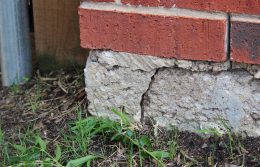4 Options for Installing a New Driveway
Are you tired of pulling dandelions out of the cracks in your driveway all summer? Or sick of hitting that pothole in your driveway every morning you leave for work (and again when you come home)? Or maybe your driveway is barely a driveway at all, and just a pair of tire tracks in the grass?
When it’s time for a new driveway, there are some options for Texan homeowners to consider. Let’s break down the pros and cons of the different styles and materials of driveways.
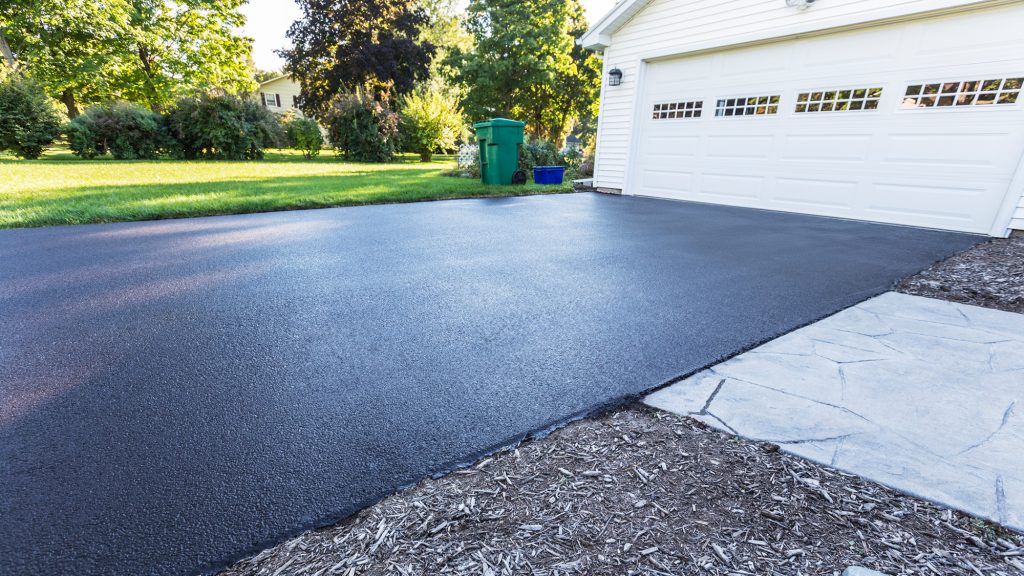
Asphalt Driveways
Standard asphalt driveways are ubiquitous in America primarily for their affordability, running around $3 per square foot. But here in Texas, high temperatures are higher and prolonged throughout the year. Asphalt is susceptible to extreme heat, meaning it needs regular maintenance to reseal cracks and ruts. Blacktop also absorbs and retains heat, turning it into a steamy, egg-frying surface come the peak of Texas summer — not much fun for kids, pets, or anyone barefoot.
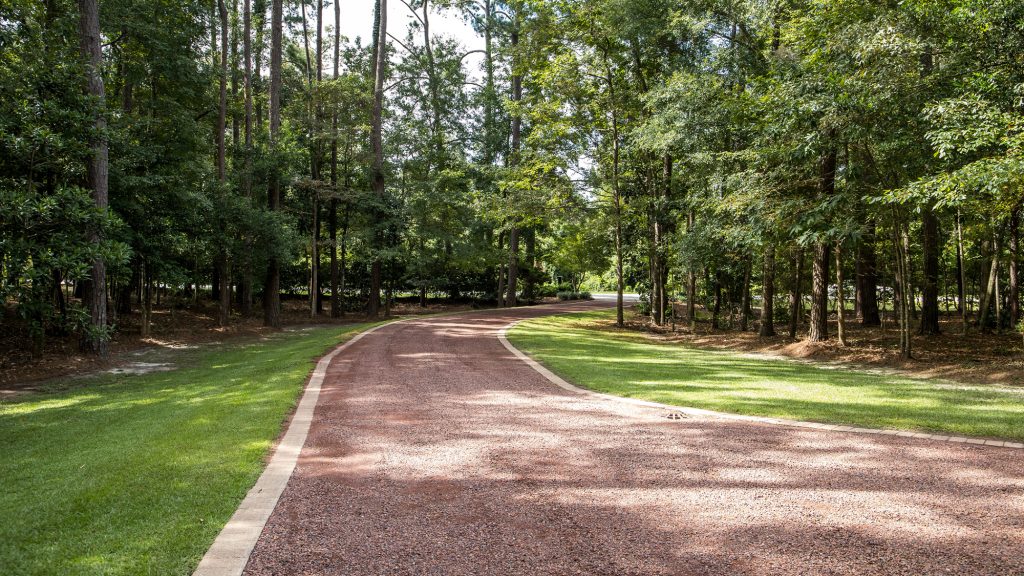
Gravel Driveways
Rural Texan homes and industrial businesses often have gravel driveways, which are the cheapest option. It’s only around $1 per square foot to install, and it certainly adds a rustic curb appeal to your home. In many urban and suburban areas of Texas, though, HOAs restrict homeowners from installing gravel driveways. Gravel is also high maintenance: Get ready for year-round weed removal, monthly raking and leveling, and replenishing gravel every two or three years to fill depressions.
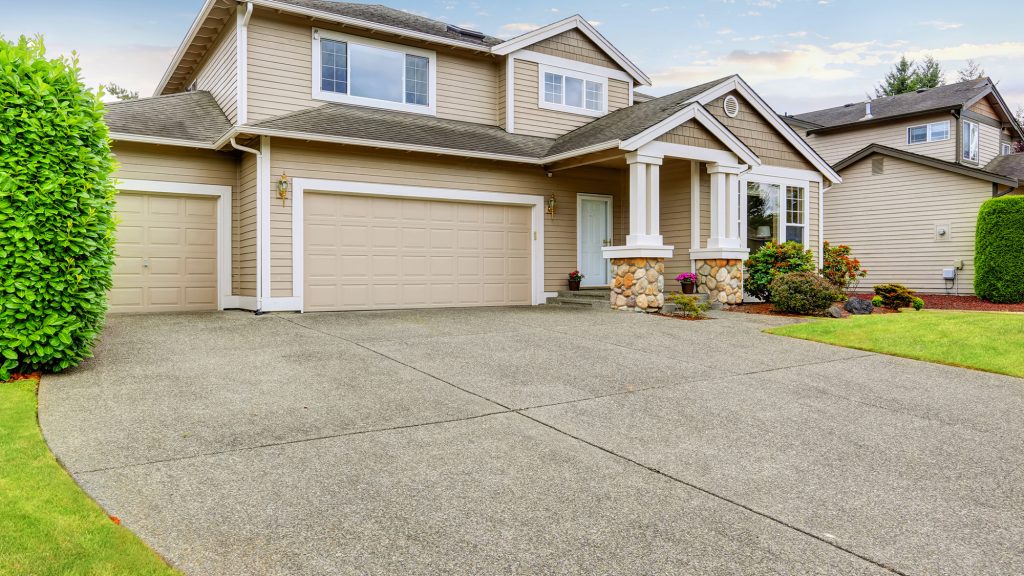
Concrete Driveways
The ol’ reliable concrete driveway is standard in Texas, and odds are your home already has one. If not, or if you need a new one, installation will cost around $5 per square foot (higher in metro areas). The longevity is worth the cost: A concrete driveway can last up to 50 years because it withstands high heat exceptionally well. Maintenance is low (occasional cleaning and sealing), and curb appeal is average (a concrete driveway is the gold standard here in Texas). Shifting soil and poor drainage can offset a concrete driveway’s foundation and lead to cracking, but if you address it quickly, small holes and cracks are usually repairable for cheap.
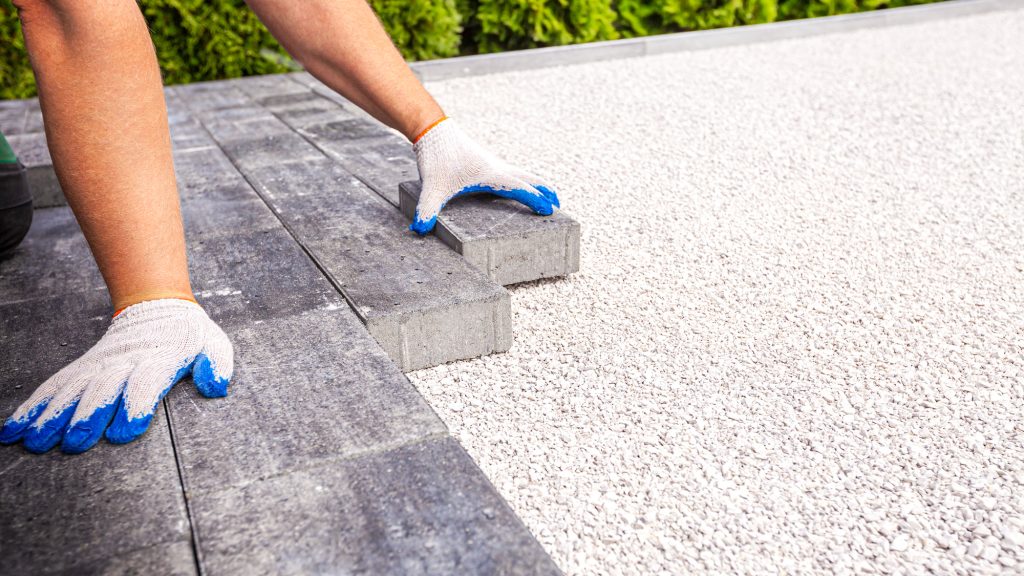
Paver Driveways
The Rolls-Royce of driveways, pavers are both a luxury item and practical. The biggest con is, of course, the cost, which can be up to $10 per square foot. But these customizable, patterned, and pretty driveways can last up to 50 years. They also resist cracking and shifting better than poured materials such as asphalt and cement. Repair is also cost-effective, as replacing a single brick or a tile is easier than cutting into a solid slab. The natural gaps in a paver driveway also mean a natural drainage system. A paver driveway can also add resale value to your home (and HOAs usually love them).
Whichever material you choose for your new driveway, proper outdoor drainage will help it last. Get the dirt on drainage here.



